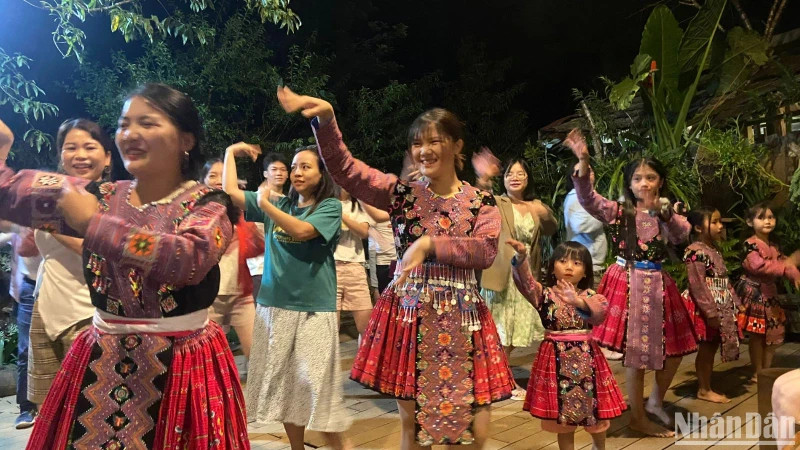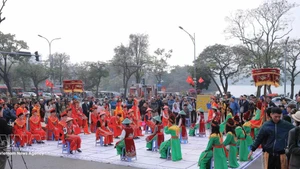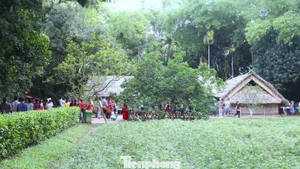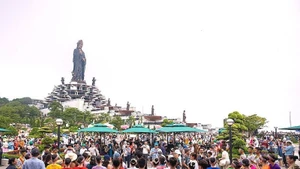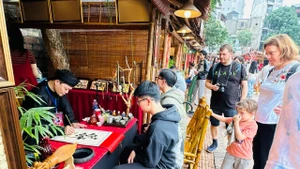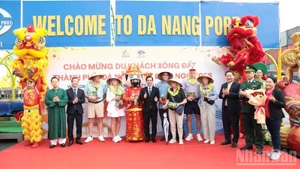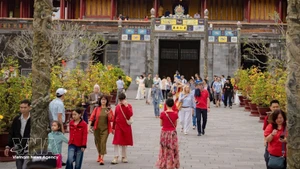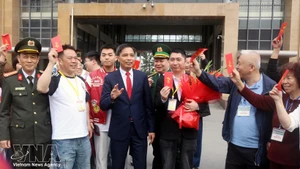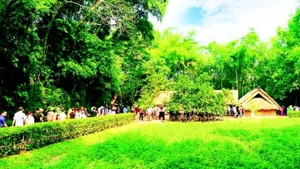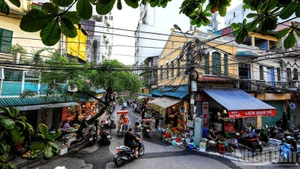With the goal of achieving high efficiency in rural tourism development, the Prime Minister issued Decision No.922/QD-TTg (dated August 2, 2022) on approving the Rural Tourism Development Programme in building new rural areas in the period 2021-2025.
Accordingly, rural tourism development is considered one of the key solutions and tasks of the National Target Programme to build new rural areas for the period 2021-2025, on the basis of changing thinking from production agriculture to rural economic development, thus contributing to supporting localities in effectively and sustainably implementing new rural criteria.
Discussing this issue at the Seminar on Promoting the Integrated Value of Rural Tourism in early June, Nguyen Le Phuc, Deputy Director of Vietnam National Tourism Administration, shared that based on the report of 63 state management departments of tourism in provinces, cities, and the whole country, there are currently 488/1,731 tourist areas and destinations that have been recognised according to the provisions of the 2017 Law on Tourism. Of which, 382 points, or about 80% of the total, are located in rural areas.
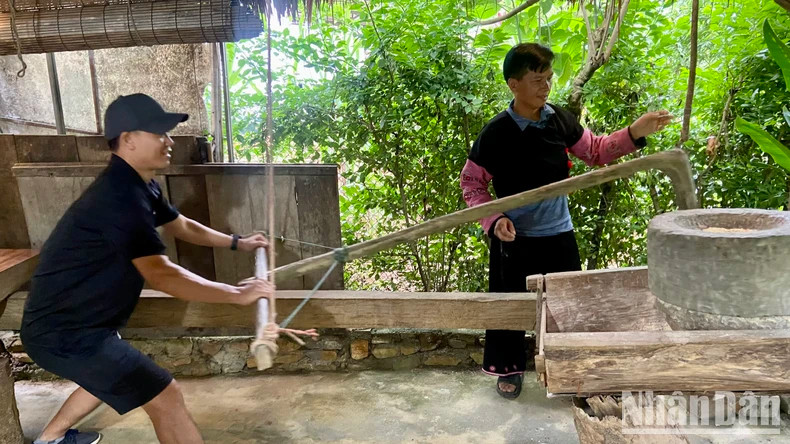 |
| Tourists can experience many interesting activities at rural destinations. |
Reality shows that this activity has been implemented in a sustainable, inclusive, and multi-valued manner in accordance with the needs of the tourism market. At the same time, many units have responded to the preservation and promotion of traditional cultural values, craft villages, and agricultural activities.
However, for the process of developing agricultural tourism to be highly effective, businesses in many localities need to effectively exploit the unique ecological environments of each region and in conjunction with digital transformation towards innovative and creative ways of doing things.
Furthermore, the quality of rural tourism services still needs to be improved. Because many localities stop at just providing experiential services and day tours, tourism products are still simple and lack the characteristics of high value-added agricultural value chains. The issue of planning and management of the overall construction of the landscape of villages, hamlets, and rural tourist destinations is still lacking in synchronisation, making it difficult to form tourist destinations that are characterised by regional and regional cultural identities.
Faced with the above situation, tourism units need to promote the subjective role of people and communities as well as promote the active and proactive participation of businesses, cooperatives, and economic organisations through effective form of tourism value chain linkage.
The goal is to standardise rural tourism destinations and products by 2025, with each province and city striving to have at least 1 recognised destination associated with advantages in agriculture, culture, craft villages or local ecological environment. From there, the aim is to have at least 50% of rural tourism service businesses gain recognition for meeting tourist service standards.
At the same time, attention should also be paid to develop rural tourism associated with the digital transformation process, aiming to have at least 50% of recognised rural tourism destinations digitised and connected on the tourism promotion website using digital technology.
